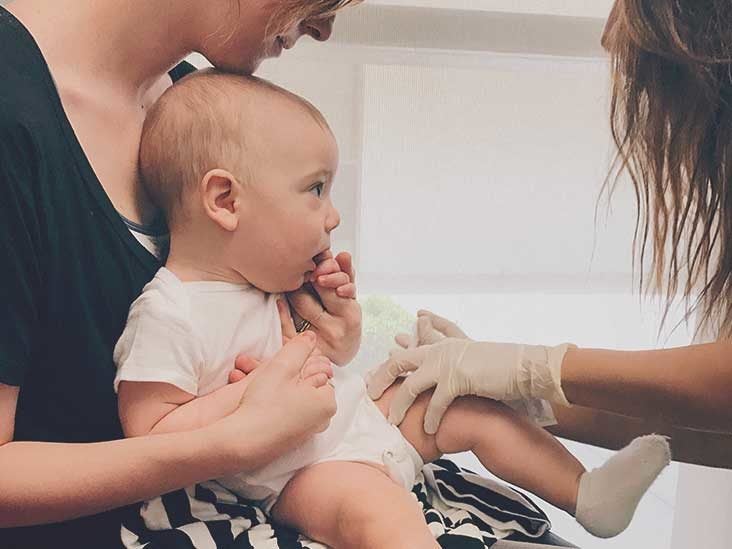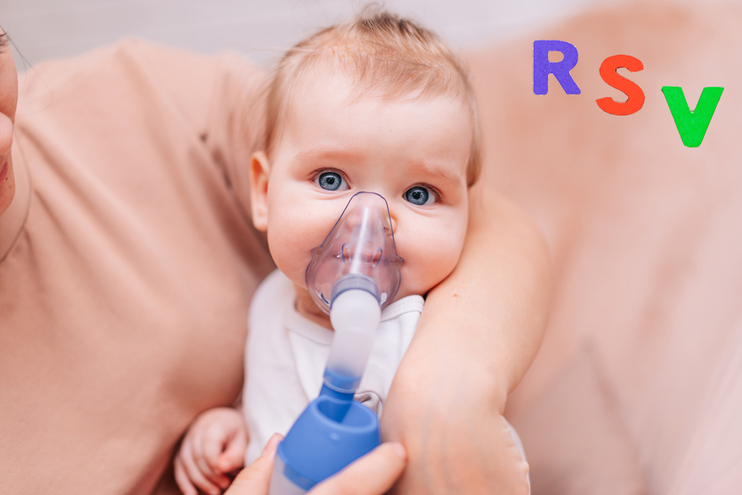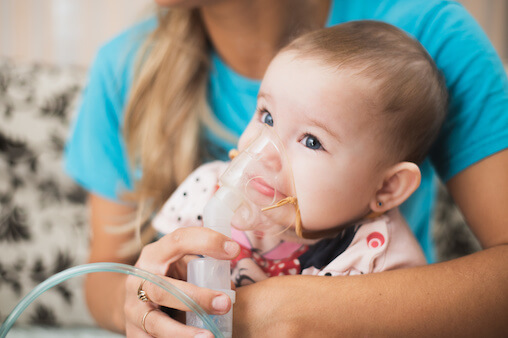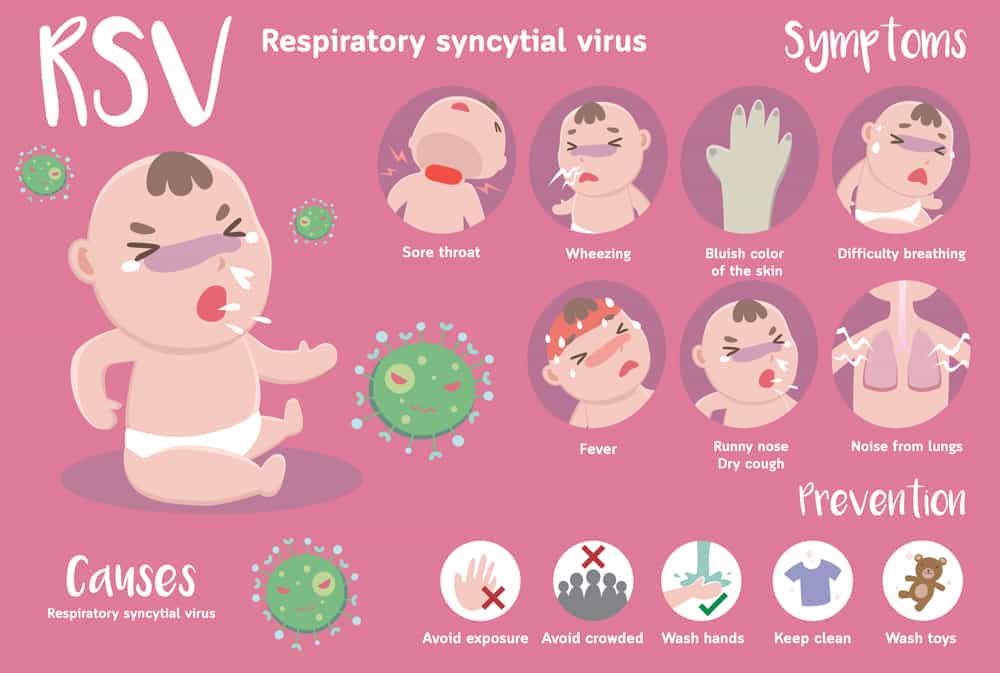what is rsv in babies mean
RSV positive means a person has a respiratory syncytial virus infection. RSV spreads just like a common-cold virusfrom one person to another.

A Naturopathic Approach To Treating Respiratory Syncytial Virus Rsv Bronchiolitis Naturopathic Pediatrics
It is more common in winter and early spring months.

. It can also lead to pneumonia an infection of the lungs. Wheezing a whistling sound each time your baby breathes out Difficulty breathing. If the RSV infection spreads to the lower respiratory tract it can lead to bronchiolitis an infection of the small airways of the lungs.
A long exhale sound usually exhaling is pretty fast in RSV it is longer than the inhale sound Flaring of your babys nostrils with every breath. But rsv in babies is most serious. Infection can happen again anytime throughout life.
Outbreaks of RSV infections most often begin in the fall and run into the spring. Most babies have been infected at least once by the time they are 2 years old. RSV is a common childhood respiratory virus that mostly afflicts young children often under the age of 5.
Most infants have had this infection by age 2. Babies can also be re-infected with the virus. Sometimes RSV can cause serious illness in infants and older adults.
But in infants an rsv. The virus spreads through tiny droplets that go into the air when a sick. For most babies and young children the.
Most children will have an RSV infection by their second birthday because its very common and contagious. Spot The Telling Signs Here. Ad 10 Mind-boggling Symptoms Of RSV That People Should Know.
RSV stands for the respiratory syncytial virus a virus that commonly causes. Respiratory syncytial virus is a common and very contagious virus that infects the respiratory tract of most children before their second birthday. Signs That You May Have RSV.
Children younger than 1 year of age according to the CDC. For most babies and young children the. It enters the body through the nose or eyes or usually from.
Some of the youngest afflicted with RSV can just show poor feeding irritability and breathing difficulties. RSV is the most common cause of bronchiolitis and pneumonia in US. Direct person-to-person contact with saliva mucus or nasal discharge.
In fact RSV is the most common cause of bronchiolitis in. Its not the same illness as bronchitis which is an infection of the larger airways of the lungs. The virus commonly causes respiratory tract infections and symptoms of a mild cold especially in infants and young children.
The symptoms of bronchiolitis include. Rsv is a virus that causes acute respiratory tract infections in infants children and adults. RSV stands for the respiratory syncytial virus a virus that commonly causes respiratory tract infections especially in infants and young children.
Increased work of breath retractions using neck and rib muscles to breathe Because RSV is a small airway disease and infants have the smallest airways it can quickly become serious especially in babies born prematurely. Respiratory syncytial virus is a common and very contagious virus that infects the respiratory tract of most children before their second birthday. Babies with RSV can develop bronchiolitis which causes coughing wheezing and labored breathing.
RSV is a viral illness that causes trouble breathing. It can progress beyond the upper respiratory tract and involve the lower respiratory tract causing severe symptoms like wheezing and difficulty breathing Husain says. Unclean hands RSV can survive 30 minutes or more on unwashed hands.
RSV is the most common germ that causes lung and airway infections in infants and young children. Symptoms of RSV in infants include. RSV positive means a respiratory syncytial virus infection is present.
Your childs doctor can help determine if its RSV. Respiratory Syncytial Virus otherwise known as RSV is a very common and contagious viral infection affecting most babies before they are two years old. These babies should be seen by a doctor.
The virus can give children a cough and a fever and sometimes wheezing. It usually appears as the common cold but can also result in more severe conditions in babies such as bronchiolitis or pneumonia. These symptoms usually crop up in stages.
The virus usually. The infection can occur in people of all ages.

Rsv In Babies How To Detect Symptoms And Treatments

Rsv Perspectives And Insight From A Healthcare Hero Cenexel

How To Recognize The Warning Signs Of Rsv Allergy Asthma Network

Respiratory Syncytial Virus Rsv Vaccine Knowledge

Bronchiolitis And Rsv After Hours Kids Pediatric Clinic

Rsv Respiratory Syncytial Virus Test

Everything A Parent Should Know About Rsv

Respiratory Syncytial Virus Rsv National Foundation For Infectious Diseases

Signs Of Rsv In Babies Continuum

How To Recognize Rsv In Babies Edieandamy

Easy Access Urgent Care Calexico Bronchiolitis And Rsv In Newborns And Infants Adults Should Not Kiss An Infant Or Young Children Even If You Have The Slightest Cold Winter Is Here

Rsv Etiquette Keeping Your Baby Safe Frosted Fingers

Respiratory Syncytial Virus Rsv

Dr Lara S Guide For Rsv Dr Lara S Blog

Efcni Do You Know The Signs Of Rsv Rsv Usually Occurs Seasonally This Means Mainly In The Cold And Rainy Months Such As Autumn Winter And Early Spring In Temperate Northern

Respiratory Syncytial Virus Rsv National Foundation For Infectious Diseases

Patient Education Bronchiolitis And Rsv In Infants And Children Beyond The Basics Uptodate

Respiratory Syncytial Virus Rsv National Foundation For Infectious Diseases
